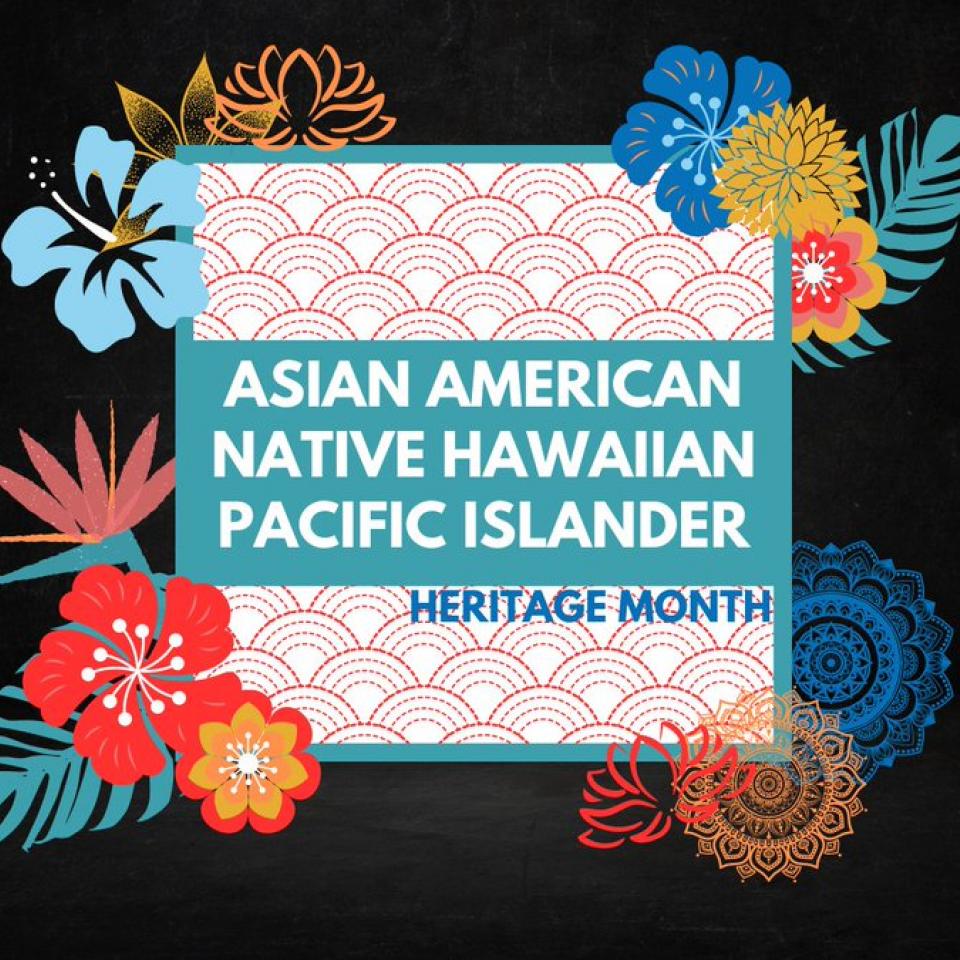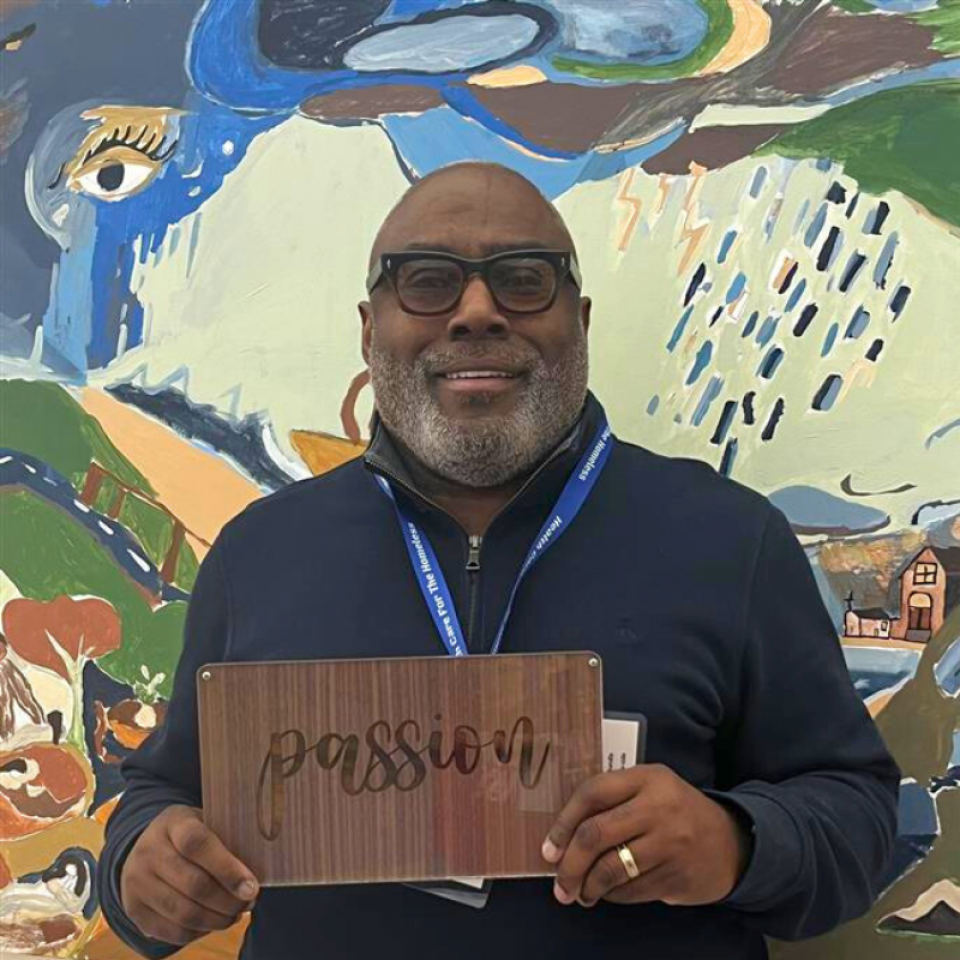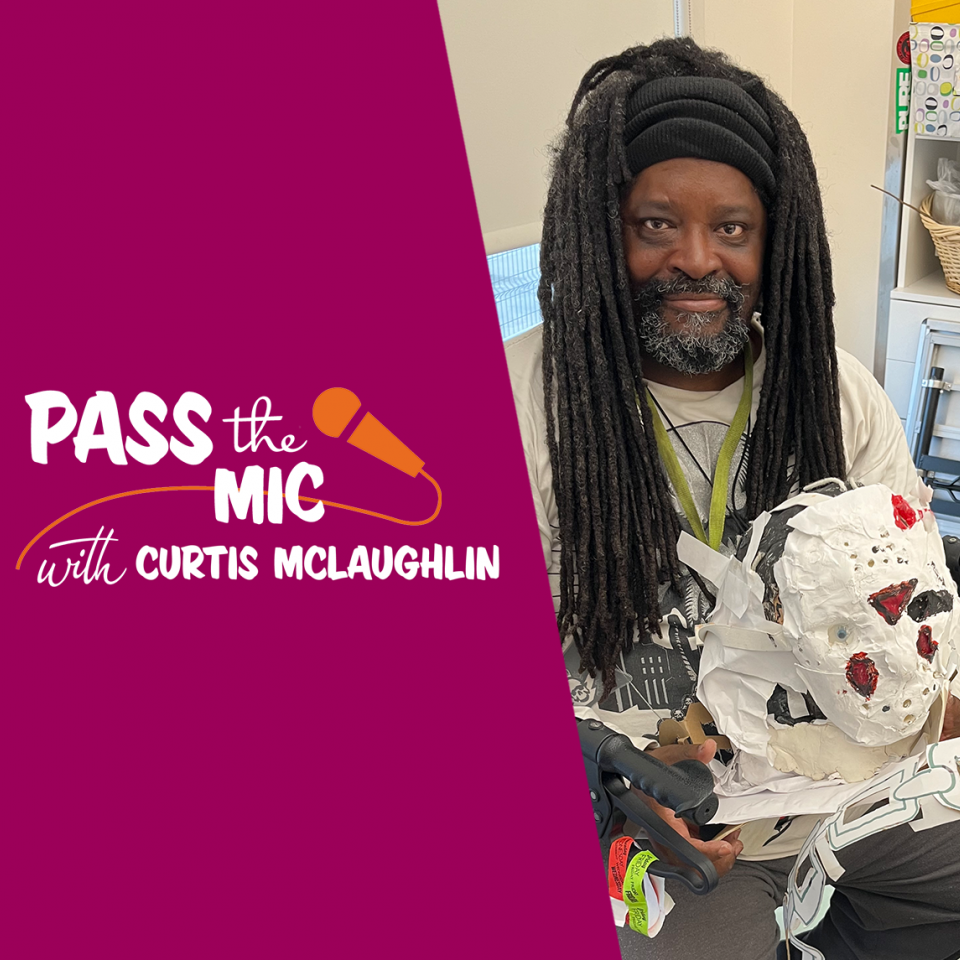May is Asian American, Pacific Islander, and Native Hawaiian Heritage Month, a time to celebrate and honor the diverse cultures, histories, and contributions of these communities.

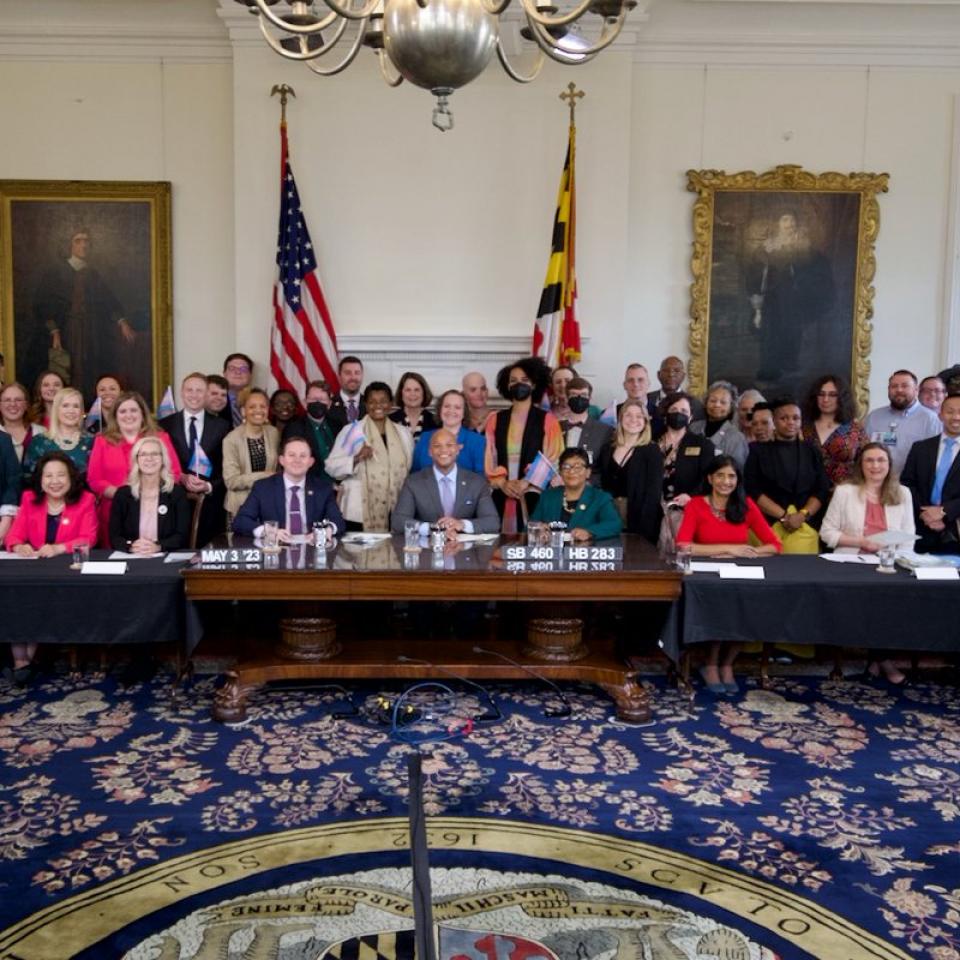
04.22.24
The Trans Rights Advocacy Coalition (TRAC) has been the driving force in championing trans rights policy changes in Maryland. Due to stigma and structural discrimination, transgender people—particularly transgender people of color—experience high rates of homelessness. Following the implementation of the Trans Health Equity Act in January, we talked with TRAC leadership about their work and community.
Who makes up the Trans Rights Advocacy Coalition and when didthe coalition first come together?
Formed in 2022, TRAC is a colition led by trans and gender-expansive Marylanders with the goal of improving the well-being of trans communities in Maryland. TRAC members include people with lived experience, medical professionals, lawyers, researchers, religious leaders, and allies. TRAC advocates for policies to ensure that all Marylanders are able to live safe, affirming, and prosperous lives— including those behind bars.
Where does access to health care rank among issues relevant to the trans community?
Access to affordable, high-quality gender-affirming care is incredibly important to the well-being of trans and gender-expansive people. It is linked to lower rates of suicide and addiction. Access to gender-affirming care makes us less likely to be discriminated against when it comes to employment and housing. It very tangibly reduces the danger of violence and harassment. Gender-affirming heatlh care is life-saving. Still, helath care is only one npart of the constellation of issues relevant to the trans community.
You celebrated a big win last year with the Trans Health Equity Act. Why is this new law so important?
The passage of THEA sends the message that Maryland is one of the few states willin gto acknowledge and protect trans people against the wave of anti-trans hate. Many have fought to access this care for years, and it is incredible to see Maryland's Medicaid program follow the medical science and begin providing full coverage for gender-affirming care. Although the legislation was fully implemented only a few months ago, several individuals who are part of TRAC have begun accessing the newly covered care. We know that when trans people have supportive care, it makes a world of difference. To be able to see yourself and be seen by others is a life-changing, health experience when that authentic connection is paired with real protections against discrimination and violence.
How does legislation like THEA compare to what's happening in other states?
The national landscape on trans issues is bleak. In the past few years, 25 states have passed legislation that restricts trans peoples' access to care and our right to participate in society as full citizens. The reality is that all trans people, and increasingly the people who care for and about us, are under attack. States are legislating the clothes we can wear publicly, making gender marker changes illegal, viciously attacking trans youth, and restricting funding for entities that affirm trans people. This is all on top of the violence and harassment that trans people face every day, which is also getting more severe. Maryland is leaps and bounds ahead of most states when it comes to protecting trans people. Maryland's gender-affirmign care providers have seen an increase in trans people coming from other states to receive care here.
What's in the works for 2024?
There's still a lot of work to be done in Maryland. This session, we helped pass SB119—which protects gender-affirming care patients, providers, and support networks from out-of-state litigation and harrassment. TRAC also continued our campaign to improve the safety and well-being of trans folks behind bars. We hope to see progress towards the Department of Public Safety and Correctional Services' compliance with legal requirements and ultimately healing and liberation for our communities.
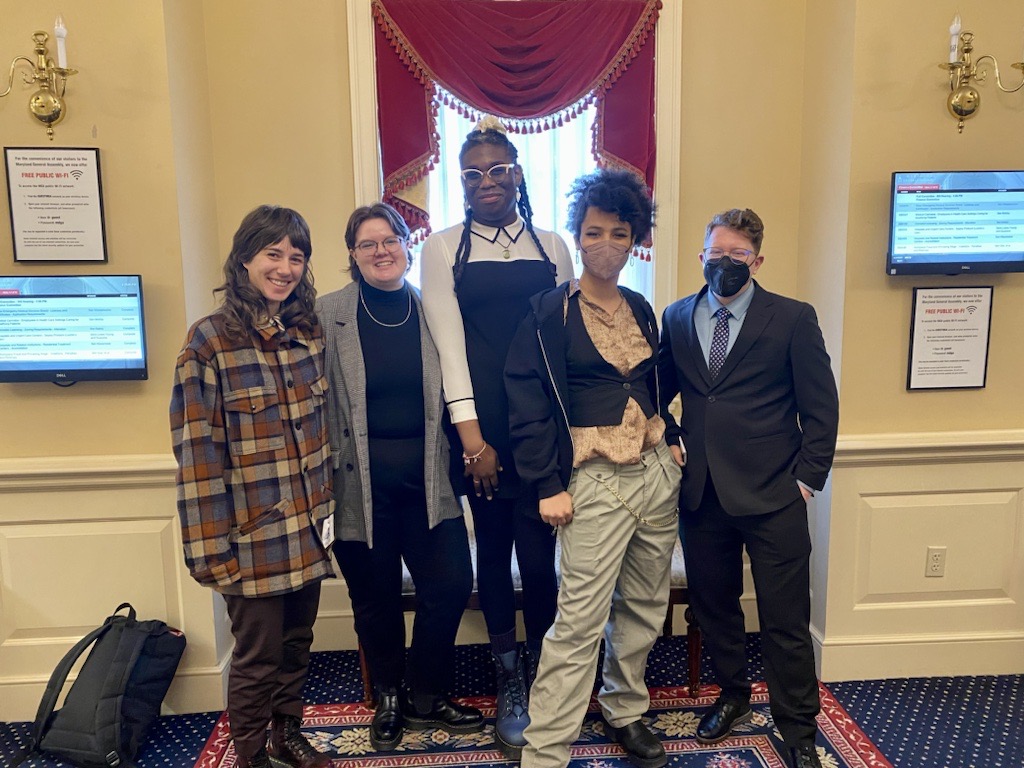
Some of the TRAC leadership team, from left to right: Brige Dumais (they/them), Maya Holiday (they/she), Ngaire Philip (she/they), Jamie Grace Alexander (she/they), Sam Williamson (they/them). Not pictured: Alexis Blackman (she/her), Devon Ojeda (he/they).
Get involved with TRAC
More Recent News
Gregory Rogers is a Senior Community Health Worker (CHW) with years of experience in addiction counseling. A vital part of a client’s care team, CHWs work with clients to navigate care both in the clinic and out in the community. See how Greg spends his days!
An artist, gamer, and movie lover, Curtis McLaughlin has been part of the Health Care for the Homeless Art Group for more than five years. Get to know Curtis in the lasted edition of "Pass the Mic".
Client storytelling is a staple of the nonprofit business model, ever present in advocacy, clinic tours, fundraising—and news articles like the one you are reading right now.
